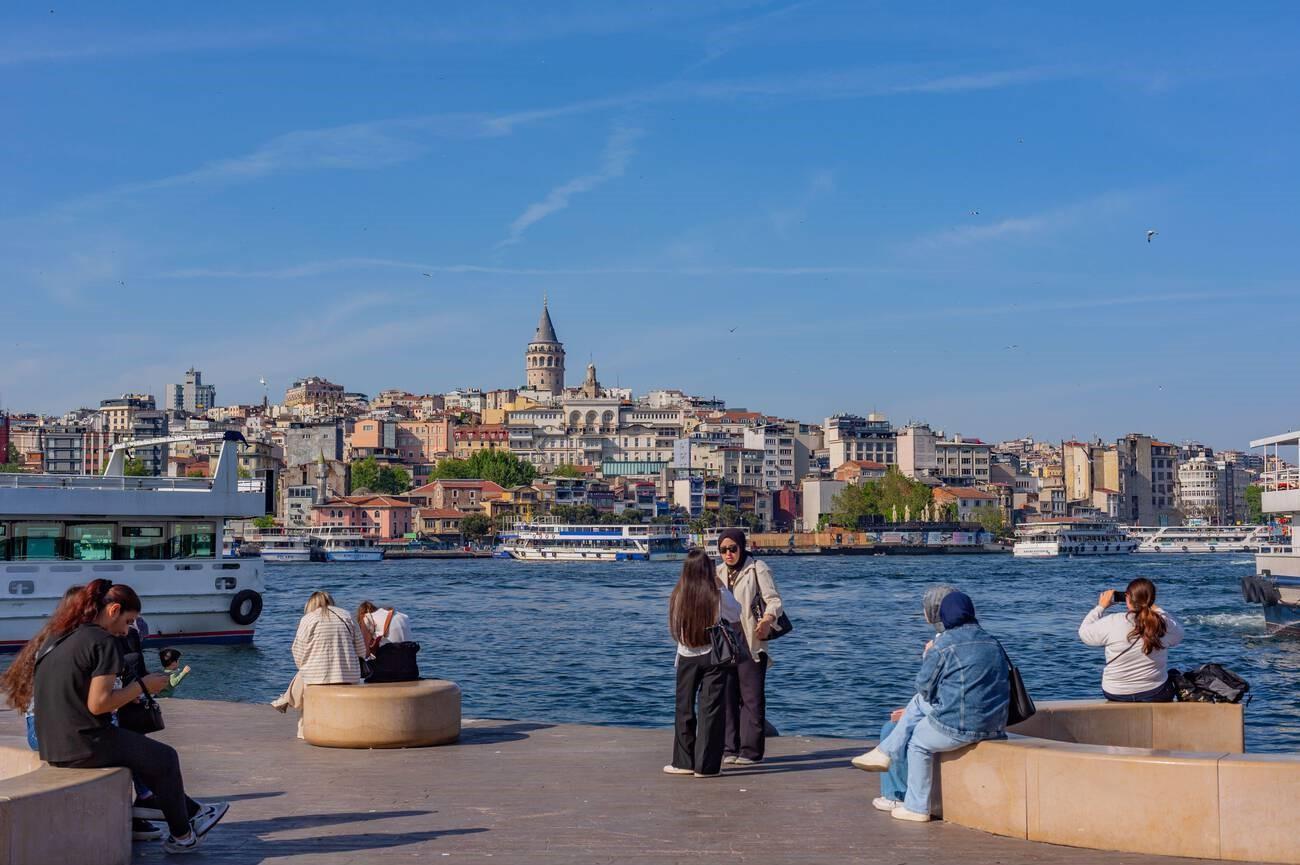
Authorities rolled out an ambitious initiative in Istanbul’s Kartal and Tuzla districts to bolster defenses against tsunamis that could stem from a looming major earthquake in the Marmara Sea, strengthening safety measures in the vibrant megacity.
Dubbed the "CoastWave Project," the initiative is being carried out under the leadership of UNESCO’s Intergovernmental Oceanographic Commission (IOC).
Speaking at the project’s introduction meeting at the local disaster and emergency directorate, Istanbul Deputy Governor Mahmut Hersanlıoğlu said a comprehensive disaster risk reduction plan is already underway to strengthen the city’s resilience against natural hazards.
“Our ultimate goal is to minimize the material and emotional losses caused by disasters,” Hersanlıoğlu said. “A tsunami is a natural phenomenon, and if we do not take measures, it can turn into a disaster. We are working to ensure that when such an event occurs, it does not become a catastrophe.”
Professor Haluk Özener, head of Istanbul’s Disaster and Emergency Management Authority (AFAD), explained that Türkiye is one of 39 member countries of the project.
According to Özener, the program was first launched in Büyükçekmece two years ago and is now being expanded to Kartal and Tuzla on Istanbul’s Asian side.
“In both districts, tsunami risk surveys have been conducted, awareness workshops and training sessions have been organized, and risk perception is being evaluated,” Özener said. “We are also reviewing and updating information boards, assessing the number of people at risk, distributing awareness materials and finalizing local standard operating procedures — who issues warning messages, who makes announcements, and what immediate actions must follow.”
He added that once the preparations are completed, tsunami drills will be held in both districts.
Following these exercises, Kartal and Tuzla will be certified as tsunami-ready, according to Özener.
Emphasizing the importance of public education, Özener warned against risky behavior after an earthquake.
“People often head toward the coast after a quake to watch the sea, but that is exactly what puts lives in danger. If an earthquake occurs in the Marmara Sea, people must instead move inland, away from the shoreline, and to higher ground,” he said.
He underlined that while natural events cannot be prevented, disasters can be avoided by reducing risks through preparedness and cooperation.
The launch of the project comes just months after a 6.2 magnitude earthquake struck Istanbul on April 23. The tremor, centered in the Marmara Sea off the city’s Silivri district, rattled much of Istanbul and revived public concern about the risks of a larger quake and possible tsunamis in the densely populated metropolis of more than 15 million people.